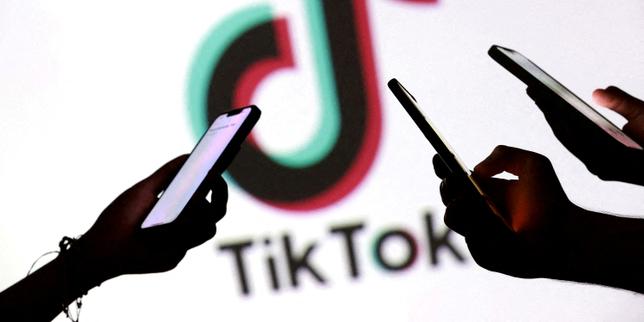Amnesty International Files Complaint Against TikTok Over Mental Health Risks to Youth
Amnesty International has lodged a formal complaint against TikTok for exposing youth to harmful mental health content, challenging the platform's compliance with EU laws.
- • Amnesty International accuses TikTok's algorithm of amplifying harmful content related to suicide and self-harm among youth.
- • A complaint has been filed with French regulator Arcom under the EU Digital Services Act for TikTok's legal non-compliance.
- • Experiments showed fake teen accounts rapidly exposed to depressive and suicidal content.
- • TikTok denies allegations, citing proactive content removal and safe user experience efforts.
- • The complaint coincides with a broader EU investigation into TikTok’s protection of minors.
Key details
Amnesty International France has formally accused TikTok of amplifying exposure to harmful content linked to suicide and self-harm among young users. On October 21, 2025, Amnesty revealed findings that TikTok's algorithm creates a 'spiral' effect that rapidly steers teenagers interested in sad or depressive content toward increasingly distressing videos within an hour. Spokesperson Katia Roux announced a complaint filed with the French regulator Arcom under the EU's Digital Services Act (DSA), citing TikTok's failure to meet legal obligations in protecting minors since August 2023.
Amnesty conducted experiments using fake 13-year-old accounts, which were exposed to predominantly mental health-related and sometimes suicidal content within less than an hour. The NGO collaborated with the Algorithmic Transparency Institute to compare these manually managed profiles with automated ones, finding the former experienced more harmful content amplification.
TikTok responded by questioning the study's methodology and emphasizing its efforts to remove 90% of violating videos before viewing, aiming to provide a safe environment for teens. Despite this, Amnesty highlighted TikTok's insufficient measures to identify risks and prevent harmful content dissemination.
This complaint adds to the European Commission's ongoing investigation into TikTok since February 2024 over alleged failures to protect minors on its platform, reinforcing concerns over youth mental health amid digital content regulation debates.
This article was translated and synthesized from French sources, providing English-speaking readers with local perspectives.
Source articles (2)
Source comparison
Amnesty International's report on TikTok
Sources provide conflicting details about the content of Amnesty International's report on TikTok.
lemonde.fr
"Amnesty International's French branch released a report criticizing TikTok's algorithm for increasing exposure to content related to suicide and self-harm."
lefigaro.fr
"Amnesty International's report on TikTok is not mentioned, focusing instead on unrelated topics."
Why this matters: Source 109083 focuses on the report's findings regarding TikTok's algorithm and its impact on young users' exposure to harmful content, while Source 109054 does not mention this aspect and instead discusses unrelated topics. This discrepancy is significant as it affects the understanding of the main issue being reported about TikTok.
Latest news
Pau's Local Election Campaign Gathers Momentum Amid Broader Political and Economic Concerns
French Companies and Regions Accelerate Efforts in Nature-Related Economic Transition
France Heightens Military Readiness Amid Iran Conflict, Pledges Defense Support to Gulf States
Jean-Luc Mélenchon Faces Accusations of Antisemitism Over Joke on Raphaël Glucksmann's Name
Tensions and New Faces Mark the 2026 French Municipal Elections
France Bolsters Military Presence in Gulf Following Iranian Drone Attacks
The top news stories in France
Delivered straight to your inbox each morning.


